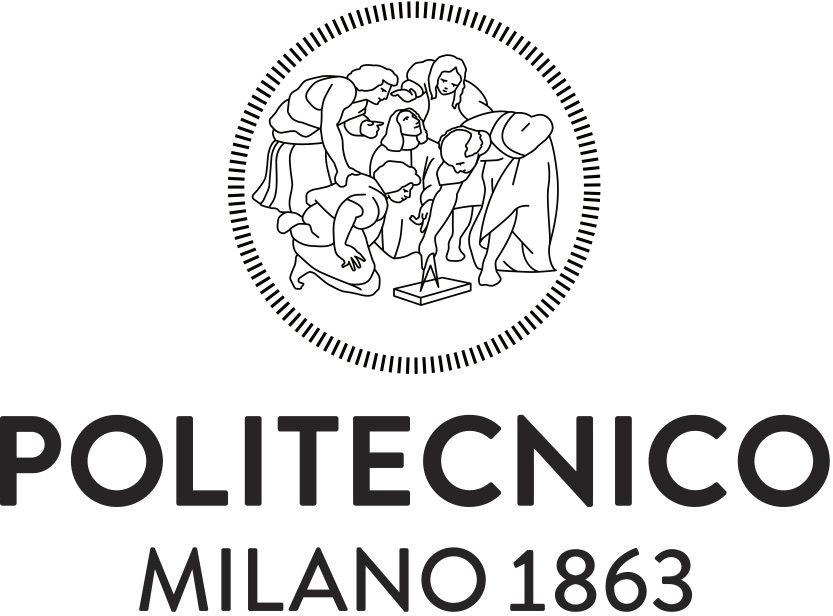Today I’m attending an extremely interesting workshop on Social Informatics at University of Trento. The workshop gathers a diverse audience spanning from computer science to cognitive science and health.
The program of the day included the following presentations:
Supporting Social Interactions for Older Adults. Cristhian Parra, University of Trento, Italy
This talk focused on ways for encouraging social sharing and interactions between elders, and on which could be the fields where elders could provide and get higher benefits in online socialization.
Active Lifestyle applications and motivation instruments. Patricia Silveira, University of Trento, Italy
This talk discussed the role of serious games in preserving elders physical and mental functions and health.
Towards a crowdsourcing platform for elders. Pavel Kucherbaev, University of Trento, Italy. Neocogita S.r.l. – UNITN Spin-off in Cognitive Training. Nicola De Pisapia, University of Trento, Italy
This talk focused on understanding which are the cognitive capabilities that need to be continuously trained and maintained, also through games.
Experience sharing: LiquidGalleries and ComeAlong. Beatrice Valeri, University of Trento, Italy
This talk presented two interesting experiences of sharing: LiquidGalleries is a flexible and social mobile app that allows a personalized and delocalized experience when visiting art exhibitions and museums. People can tag preferred art pieces in advance, get content on the fly, or tag pieces while visiting and sharing them or reading about them later at home.
Knowledge Spaces: Supporting Knowledge and Experience Sharing. Marcos Baez, University of Trento, Italy
This talk presented a set of methodological guidelines for defining experience sharing applications and showed them at work within the scenario of scientific publication sharing.
Sensing social interactions through smart phones. Aleksandar Matic, University of Trento and Create-net, Italy
This talk presented some techniques for detecting social activities in real world considering physical proximity, based on smart phone technologies (as opposed to dedicated hw used in other projects).
Civic Media Platforms. Maurizio Teli and Stefano De Paoli, ahref Foundation (Trento), Italy
The talk focused on platforms that aim at increasing the citizen participation to a common good target in local or government communities or activities, including also citizen journalism. The addressed problem is how to build a social community in this scenario, considering also possible biases (political or social) added. An example is the Timu platfom, focusing on storytelling.
BPM4Crowd. Stefano Tranquilini, University of Trento, ItalyThis presentation suggests some basic technical support to the development of social applications. The idea is to provide a high-level abstraction access to the developer, so as to ease the development of applications. This is demonstrated with an online dating application implemented within a social network.
Convergence of social networking, search and business processes. Marco Brambilla, Politecnico di Milano, Italy
This was my talk and included an overview on Social BPM and CrowdSearch. I will post some slides very soon.
Recommending content for basic and high education. Rosa Alarcon, Pontificia Universidad Catolica de Chile, Chile
This talk was about understanding the information overload in the educational market.
Existing content repositories for elearning are not sufficient. The standard ways for describing them (e.g., SCORM) are quite poor too.
They try to apply recommendation techniques for teachers and they end up with some initial results, including the fact that surprisingly teachers should not be clustered based on their specialization.
Interactive Experiences for supporting elderly or impaired young people. Paolo Massa, FBK, I3, Italy
This talk was about a few experiences on applying technological tools for facilitating tasks and socialization of autistic boys and people with mental disorders.
Other activities are about biases in translation and editing on the web, especially on public sites like wikipedia (e.g., see http://manypedia.com or the wikitrip project), considering gender and political problems.
Credibility evaluation of Web content. Adam Wierzbicki, Polish-Japanese Institute of Information Technology, Poland
This speech presented an interesting corpus of Web credibility assessment. The assessment is done by asking people to assess credibility and cleanness of pages.
Game theory has been used also for classifying credibility. This research is a joint work with some Swiss institutes, including EPFL.
The talk also addressed the roles of wikipedia. It’s not just an encyclopedia, its a knowledge community, a collaborative innovation network, a community of prosumers, a model for the knowledge economy. But information about it is limited and social behaviours are critical (the environment is getting more and more unpleasant and closed). Overall, it cannot be defined a social centric platform.
Finally, the speech focused on serious social games for elders to motivate social interaction. A good paradigm is gaming based on gossiping because it grants trust, social norms, and ties.
Other speeches I could not attend included:
- Cheating in online games / trust and reputation. Stefano De Paoli, ahref Foundation (Trento), Italy
- Reseval Mash. Muhammad Imran, University of Trento, Italy
- Social Processes over Social Networks. Juan Jose Jara, University of Trento, Italy
- Discovery of composition knowledge for mashup development, process mining and BPM (BI). Carlos Rodriguez, University of Trento, Italy
- Social Search and recommendation engine for scientific publications. Daniil Mirilenka, University of Trento, Italy
- Overview of DALi project. Christopher Raphael Wilkinson, University of Trento, Italy
This was a great and multi-disciplinary experience, very well in line with our research project Search Computing, Cubrik, and BPM4People.
To keep updated on my activities you can subscribe to the RSS feed of my blog or follow my twitter account (@MarcoBrambi).


